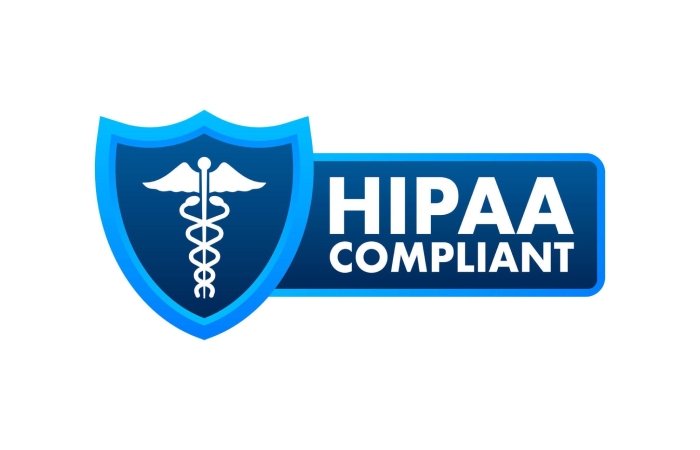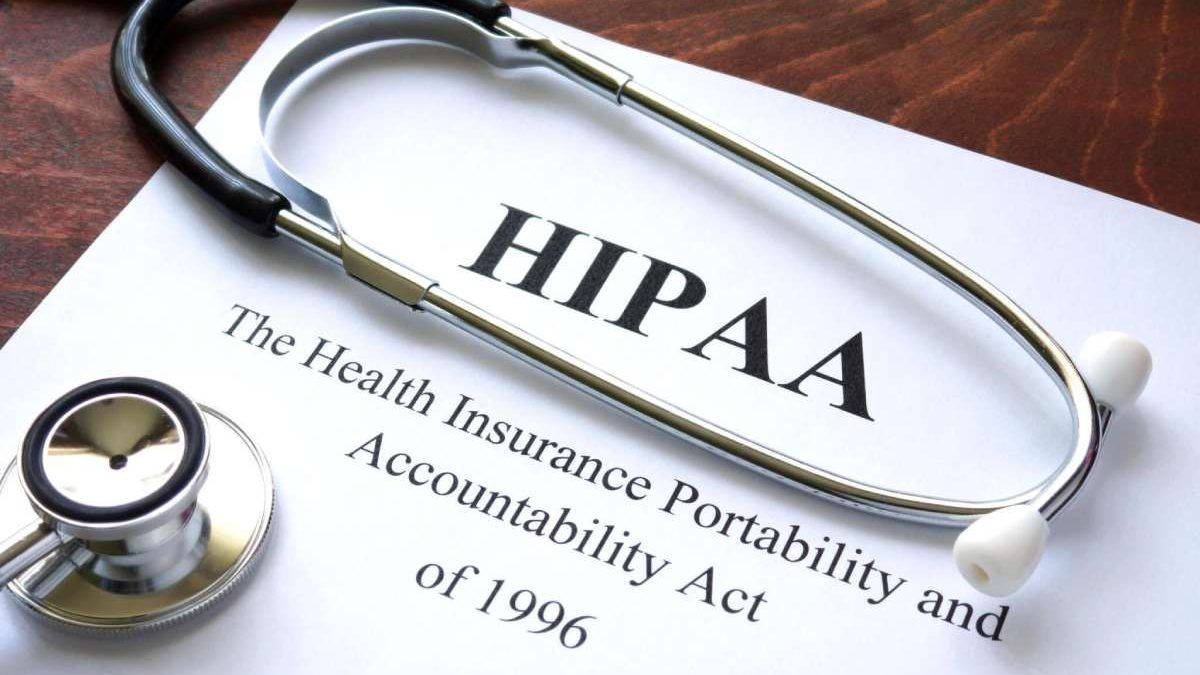Table of Contents
Introduction
The information provided to the subject of Health Insurance Portability and Accountability Act, HIPAA Disclosure Accounting and Information to Data Subjects. It plays an important role in safeguarding the privacy and security of individuals’ health information. One essential aspect of HIPAA is the disclosure accounting, a process that ensures transparency and accountability when protected health information (PHI) is shared. In this article, we will delve into the specifics of HIPAA disclosure accounting and explore the requirements for providing information to data subjects when such disclosures occur.
HIPAA establishes strict encryption and access control standards to protect personal health information. Encryption scrambles data, making it incomprehensible to unauthorized people. So, this is the additional layer of protection which makes it difficult for the unauthorized individuals to access and decrypt personal patient information and data. Apart from this, HIPAA also governs the implementation of strict access controls. These controls decide who can access sensitive health data and under what circumstances.
Definition and Purposes for Understanding HIPAA Disclosure Accounting

HIPAA disclosure accounting refers to the documentation and tracking of disclosures of PHI made by covered entities and their business associates. The primary purpose is to provide individuals with insights into who has accessed their health information and for what purpose. This accountability fosters trust between healthcare providers and patients while empowering individuals to have control over their sensitive data.
Covered Entities and Business Routine Associates
The covered entities, such as healthcare providers, health plans, and healthcare clearinghouses, are directly subject to HIPAA regulations. Business associates, who handle PHI on behalf of covered entities, are also obligated to adhere to HIPAA rules. Both must maintain detailed records of disclosures for a specified period.
Not all disclosures require accounting. HIPAA exempts certain routine or permitted disclosures from this requirement. For instance, disclosures for treatment, payment, and healthcare operations (TPO) are generally excluded, as these activities are considered integral to providing healthcare services.
Information Provided to Data Subjects: Content of Disclosure Accounting
When disclosure accounting is necessary, covered entities and business associates are obligated to provide certain information to the data subject. This information typically includes details about who received the PHI, the purpose of the disclosure, the date it occurred, and any other relevant information that can help individuals understand the nature of the disclosure.
Methods of Communication
HIPAA does not prescribe a specific format for communicating disclosure accounting information to data subjects. However, covered entities are encouraged to provide the information in a clear and understandable manner. This could include written notifications, secure online portals, or other means that ensure effective communication.
Challenges and Solutions: Technological Advancements
In the period of electronic health records (EHRs) and interconnected healthcare systems, tracking and documenting disclosures can be challenging. However, technological advancements also provide solutions, such as automated disclosure tracking systems and secure patient portals, which can enhance efficiency and accuracy.
Balancing Transparency and Privacy.
It is striking the right of balancing between transparency and privacy is crucial. While individuals have the right to know about the disclosures of their health information, it’s equally important to protect sensitive data. Covered entities must implement safeguards to prevent unauthorized access to disclosure accounting records.
Legal Implications of Non-Compliance
Failure to adhere to HIPAA disclosure accounting requirements can have serious legal consequences. Covered entities and business associates may face penalties, fines, and legal action if they do not comply with the regulations. It’s imperative for organizations to stay updated on HIPAA rules and invest in training to ensure staff awareness and compliance.
Conclusion:
In conclusion, HIPAA disclosure accounting serves as a cornerstone in maintaining the privacy and security of individuals’ health information. By understanding the requirements and providing transparent information to data subjects, covered entities and business associates can foster trust, comply with regulations, and contribute to the overall success of the healthcare system. As technology continues to evolve, so too must the practices and systems in place to uphold the principles of HIPAA and safeguard the confidentiality of patients’ health information.

